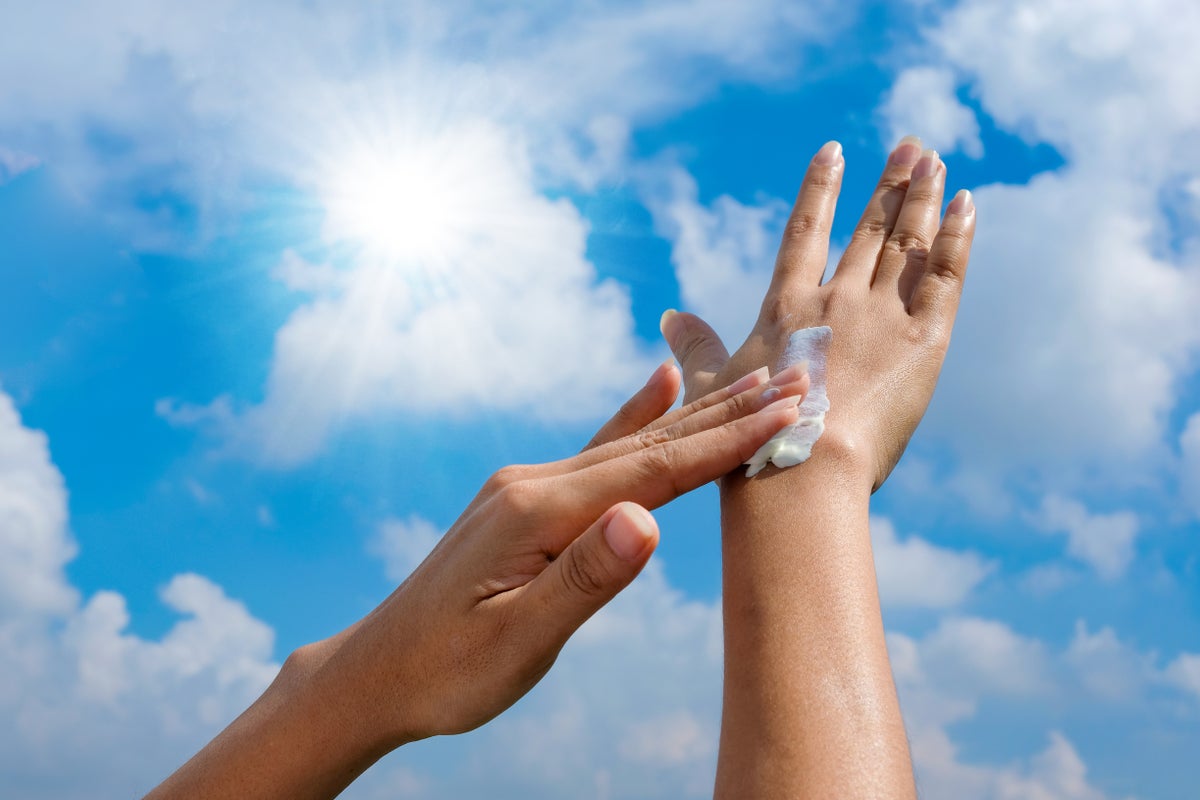
Australian regulators have confirmed that nearly 20 new sunscreen brands have been withdrawn from sale after tests showed they fell far short of their advertised levels of protection, deepening a scandal that has rocked the country since June this year.
The Therapeutic Goods Administration said it had “significant concerns” about a common base formula supplied by Wild Child Laboratories and used in dozens of sunscreens sold nationwide.
Preliminary testing indicated that some of these products claiming to provide SPF50+ protection in reality offered as little as SPF4.
“The preliminary testing indicates that this base formulation is unlikely to have an SPF greater than 21,” the regulator said in an update.
Alarm about sunscreens was first sounded in June when the consumer advocacy group Choice tested 20 popular products marketed as SPF50 or higher and found that 16 fell far short of providing the claimed protection, including big brands such as Bondi Sands, Banana Boat and the Cancer Council.
The worst result came from Violette’s Lean Screen SPF50+ Mattifying Zinc Sunscreen, which was labelled SPF50+ but tested at just SPF4.
A spokesperson for Ultra Violette, however, said the company conducted an urgent SPF test of the sunscreen in April which returned a result of 61.7, consistent with its original finding.
The company added that it had not received any substantiated report of sunburn. It said Choice’s findings weren’t “even remotely accurate” and suggested human error during testing was the most likely explanation.
Choice’s director of testing, Matthew Steen, acknowledged that there is “always variability in testing”, but said the gap between the protection claims made by some brands and what Choice’s tests revealed was “quite stark”.
Following a voluntary recall in August, Choice repeated the test on a separate batch using a German laboratory, which again produced almost identical results.
The latest TGA review has expanded the fallout. Of the 21 products recently identified, eight have been recalled or their manufacture has ceased, while sales of ten more have been suspended.
Two additional products remain under investigation, and one listed item is made in Australia but not sold locally.
Wild Child Laboratories has since halted production of the problematic base formula, TGA said.
Meanwhile, Wild Child Laboratories chief Tom Curnow said in a statement that the TGA had identified no manufacturing problems at the company’s facility. Its chief executive, Tom Curnow, said the company’s facilities had been cleared of any manufacturing faults and blamed discrepancies on “industry-wide issues”, particularly the testing conducted by US-based Princeton Consumer Research Corp (PCR Corp).
The TGA has echoed concerns about PCR Corp’s methods and confirmed it has contacted the lab, but so far has received no reply.
“The TGA is aware that many companies responsible for sunscreens manufactured using this base formulation relied on testing by PCR Corp to support their SPF claims.”
Mr Curnow said Wild Child had stopped working with PCR laboratories and had sent its formulas for testing at other accredited, independent labs.
According to the TGA, all companies that used the problematic base formula and the PCR lab have also been contacted.
The Independent has reached out to PCR Corp for comment.
The TGA has advised consumers who have purchased one of the affected sunscreens “to consider using an alternative product until the TGA completes its review”.
Australia has the highest rate of skin cancer in the world, with two in three citizens expected to undergo treatment for at least one melanoma or related condition in their lifetimes.
The country also enforces some of the strictest sunscreen regulations globally, meaning the scandal has sparked widespread outrage and unease.
Experts warn that the revelations could have global consequences, since many of the implicated products are sold internationally and rely on the same testing standards now under scrutiny.
The TGA has indicated it may overhaul SPF testing protocols, which it acknowledged can be “highly subjective”.
Earlier, CEO Ashley De Silva said: “It would be a real shame if people decided that sunscreen was not useful or that it didn’t matter, or even products with lower scores are ineffective, because the science shows that’s not true.”
He said: “There’s a big gap between the SPF rating but a very small gap in effectiveness.”
In a statement, Choice said: “While the TGA investigation continues, we’re calling on sunscreen companies to confirm which lab verified their latest SPF results.
“Given the questions surrounding PCR, consumers are looking to brands to provide reassurance that their favourite sunscreen product is backed by strong testing practices.
“Today’s announcement highlights, yet again, the importance of the TGA’s investigation and the need for changes to how sunscreens are regulated and tested in Australia.”
